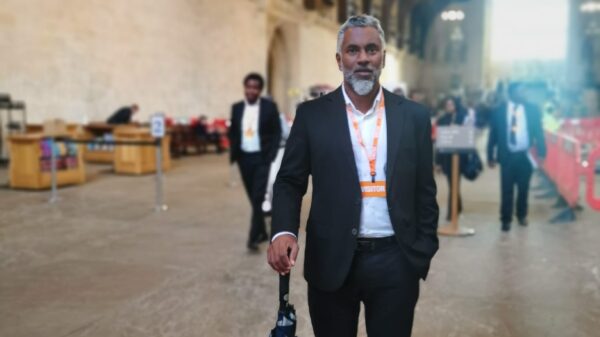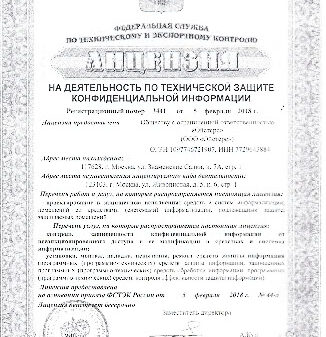The UK government has publicly blamed Russia for hoax calls about the conflict in Ukraine made to British cabinet ministers.
Defence Secretary Ben Wallace and Home Secretary Priti Patel said they had been contacted by imposters last week.
Downing Street has now revealed an unsuccessful attempt was also made to contact Culture Secretary Nadine Dorries.
A No 10 spokesman added that further hoax calls to ministers are expected.
There is understood to be concern in government that doctored recordings of the calls may be made public to reinforce Russian claims about the war.
On Friday, Mr Wallace blamed “Russian disinformation, distortion and dirty tricks” for a man calling him pretending to be Ukrainian PM Denys Shmyhal.
Home Secretary Priti Patel then revealed shortly afterwards that she had received a similar call earlier in the week.
On Monday, Boris Johnson’s spokesman told reporters that “the Russian state was responsible for the hoax telephone calls made to UK ministers last week”.
The spokesman did not give further details, but added: “This is standard practice for Russian information operations.
“Disinformation is a tactic straight from the Kremlin playbook to try to distract from their illegal activities in Ukraine and the human rights abuses being committed there.
“We are seeing a string of distraction stories and outright lies from the Kremlin, reflecting Putin’s desperation as he seeks to hide the scale of the conflict and Russia’s failings on the battlefield.”

It is understood that Mr Wallace was put through to a Microsoft Teams video call which lasted about 10 minutes.
The video call was set up after an email, purportedly from an aide at the Ukrainian embassy in London, was sent to a government department and then forwarded to the Ministry of Defence.
Mr Wallace was apparently asked about whether the UK would send warships to the Black Sea, and if Ukraine should get nuclear weapons.
The defence secretary was also apparently asked about the prospect of Ukraine dropping its ambition to join Nato and becoming a “neutral” state.
A cross-department government inquiry into how the call happened is ongoing.
Asked whether defences against hoax calls were strong enough, the No 10 spokesman said there was guidance on how such calls should be handled.
Defence attache summoned
It is not the first time that cabinet ministers have been targeted with hoax calls.
In 2018, UK diplomatic sources said they believed the Kremlin was behind a Russian prank caller targeting Mr Johnson, then foreign secretary, and pretending to be the prime minister of Armenia.
Meanwhile, Russia’s defence attache in the UK was summoned to the Ministry of Defence (MoD) for a second time on Monday for a dressing down over Russian armed forces’ tactics in Ukraine.
The department said senior official Laurence Lee “protested in the strongest terms” against the “persistent and unjustified acts of violence being committed against innocent civilians by Russian forces”.
“Mr Lee emphasised that schools, theatres and hospitals are not legitimate military targets,” the MoD added.
“He warned the UK will be collecting evidence of war crimes and repeated the UK’s demand for the Russian Federation to withdraw its forces immediately”.


























